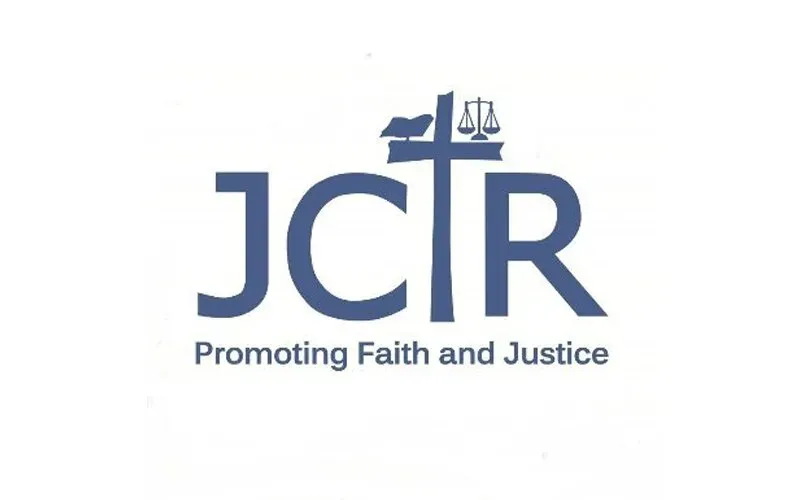Lusaka, 12 August, 2021 / 9:08 pm (ACI Africa).
As eligible voters in Zambia go to the poll, Jesuit scholars in the country have highlighted three issues they want the post-election government to prioritize.
In a statement on the eve of the general elections in the Southern African country, the leadership of the Jesuit Centre for Theological Reflection (JCTR) underscores the need for those to be elected to address challenges around nutrition, the rising poverty levels, as well as the national debt.
The Jesuit scholars say they expect the government to be formed Zambia’s August 12 elections to prioritize “sustained stabilization of the macroeconomic indicators as a key intervention in ensuring affordability of nutritious foods especially for the poor and marginalized.”
They also expect the post-election government to work, a priority, toward the “protection of social sector spending especially health, education, social protection and water and sanitation in order to improve the living conditions of over 50 percent of the Zambian population living in poverty.”
A third issue the Jesuit scholars consider a priority is the national debt and inflation, factors that combine to compromise “the nation’s development outcomes.”








